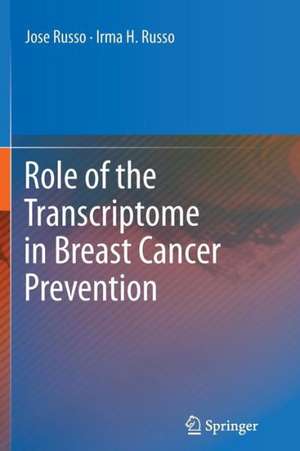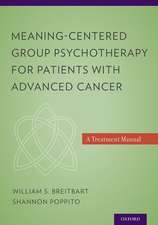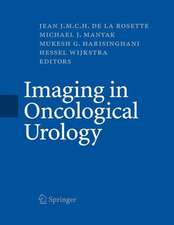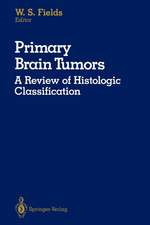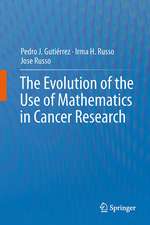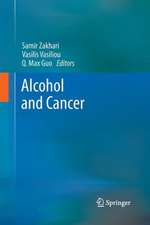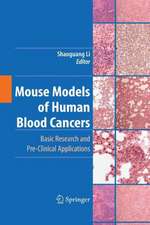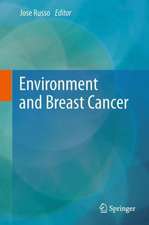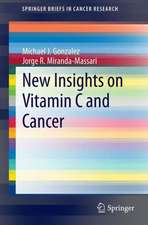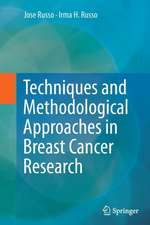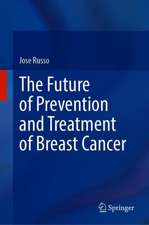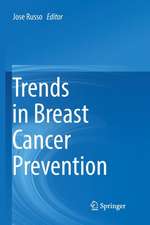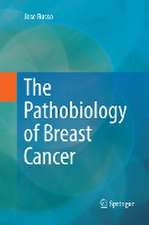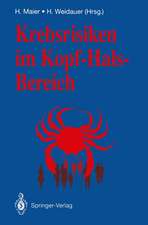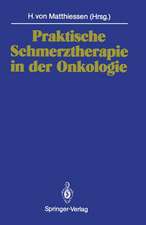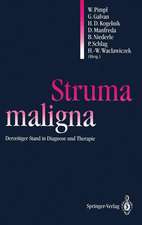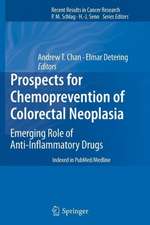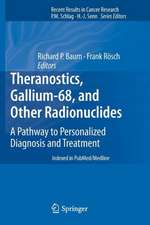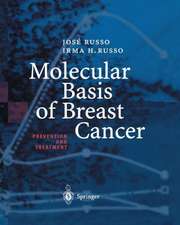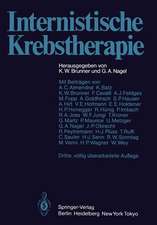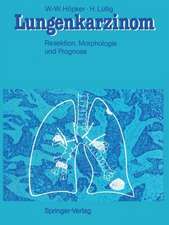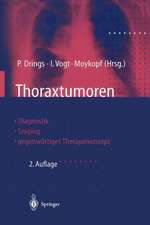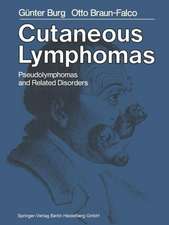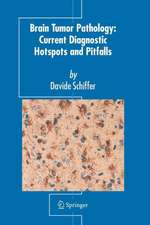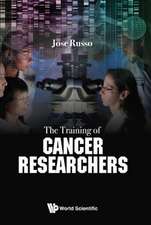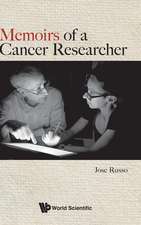Role of the Transcriptome in Breast Cancer Prevention
Autor Jose Russo, Irma H. Russoen Limba Engleză Paperback – 12 dec 2014
| Toate formatele și edițiile | Preț | Express |
|---|---|---|
| Paperback (1) | 1103.58 lei 43-57 zile | |
| Springer Us – 12 dec 2014 | 1103.58 lei 43-57 zile | |
| Hardback (1) | 1109.44 lei 43-57 zile | |
| Springer Us – 6 noi 2012 | 1109.44 lei 43-57 zile |
Preț: 1103.58 lei
Preț vechi: 1161.67 lei
-5% Nou
Puncte Express: 1655
Preț estimativ în valută:
211.24€ • 229.53$ • 177.55£
211.24€ • 229.53$ • 177.55£
Carte tipărită la comandă
Livrare economică 21 aprilie-05 mai
Preluare comenzi: 021 569.72.76
Specificații
ISBN-13: 9781489989932
ISBN-10: 1489989935
Pagini: 468
Ilustrații: XIV, 454 p.
Dimensiuni: 155 x 235 x 25 mm
Greutate: 0.65 kg
Ediția:2013
Editura: Springer Us
Colecția Springer
Locul publicării:New York, NY, United States
ISBN-10: 1489989935
Pagini: 468
Ilustrații: XIV, 454 p.
Dimensiuni: 155 x 235 x 25 mm
Greutate: 0.65 kg
Ediția:2013
Editura: Springer Us
Colecția Springer
Locul publicării:New York, NY, United States
Public țintă
ResearchCuprins
Preface.- The epidemiology of breast cancer and the basis for prevention.- In vivo model for breast cancer prevention.- Comparative effects of the preventive effect of pregnancy, steroidal hormones and hCG in the transcriptomic profile of the rat mammary gland.- The use of in vitro three-dimensional system for testing preventing agents.- Methodological approach fro studying the human breast.- The transcriptoma of breast cancer prevention.- Chromatin remodeling and pregnancy induced differentiation.- The role of spliceosome in the human breast.- Non coding RNAs and breast cancer prevention.- The role of stem cell in breast cancer prevention.- Index.
Textul de pe ultima copertă
This book is designed for advanced students and researchers in cell biology, biochemistry, molecular biology, medicine in general, and cancer in particular. It provides the latest data on the transcriptome of the mammary gland in order to establish the molecular and cellular biology of differentiation leading to cancer prevention. The authors have based their work on the epidemiological evidence that early first full term pregnancy is a protective factor in humans against breast cancer and using this knowledge have developed in vivo and in vitro experimental systems that have demonstrated mechanistically how the differentiation takes place. The transcriptoma analysis of the female breast shows that an early first full term pregnancy reprograms the organ by imprinting a genomic signature that differs according to reproductive history. This reprogramming takes place at the chromatin level by changing the transcriptional process. The modification of the transcriptional control is due to the expression of non-coding RNA sequences and post-transcriptional control driven by the spliceosome. The plasticity of the genome of the human breast makes possible this reprogramming that is not only induced by the physiological process of pregnancy but by the use of hormones mimicking pregnancy. The role of stem cells and their reprogramming during differentiation are presented as a new paradigm in breast cancer prevention.
Caracteristici
Provides new insight on cancer prevention based on meticulously researched processed that have been gleaned from basic to translational research with a direct clinical application
Targeted to the medical profession and those interested in biomedical research
Outlines a model to the basic researchers and for those that are aiming to apply their work in the future to the clinic
Targeted to the medical profession and those interested in biomedical research
Outlines a model to the basic researchers and for those that are aiming to apply their work in the future to the clinic
